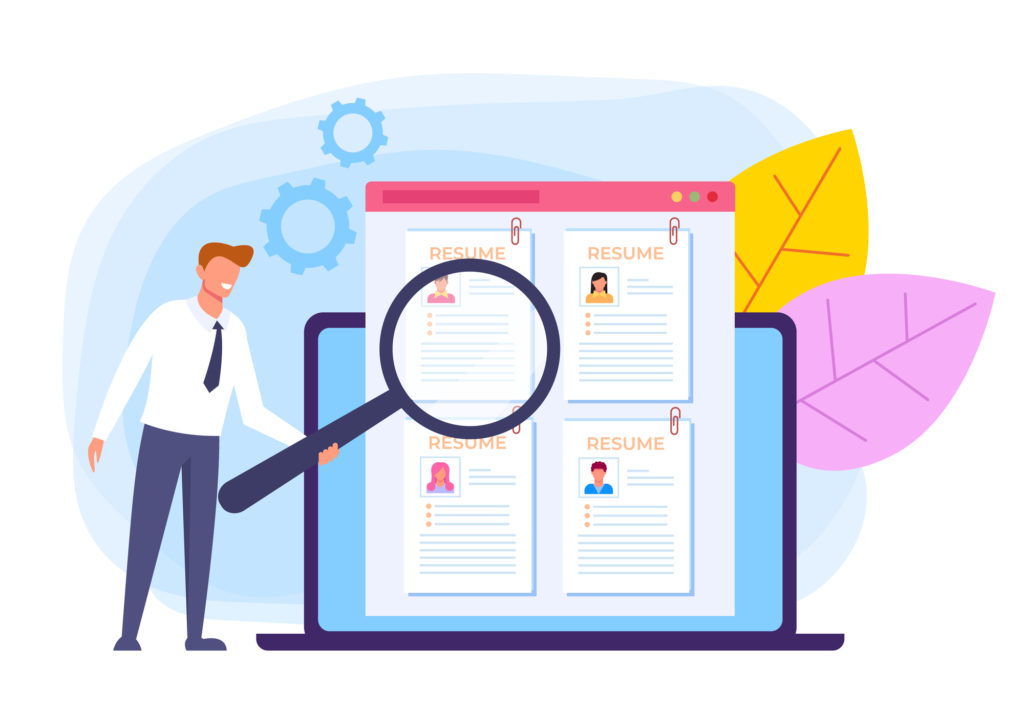 You hear a lot about wrongful termination where an employee claims he or she shouldn’t have been fired. This may be actionable, resulting in costly litigations and settlements. But on the flip side, hiring the wrong person may cause just as much, if not more, problems. Unfortunately, many job applicants commit misrepresentation or fraud on their CVs and during interviews. Education, skills, and work experience may be exaggerated or fabricated. Checkster Research found that 78% of job applicants lie. Here’s what hiring the wrong person can mean for your business and what you can do to avoid it.
You hear a lot about wrongful termination where an employee claims he or she shouldn’t have been fired. This may be actionable, resulting in costly litigations and settlements. But on the flip side, hiring the wrong person may cause just as much, if not more, problems. Unfortunately, many job applicants commit misrepresentation or fraud on their CVs and during interviews. Education, skills, and work experience may be exaggerated or fabricated. Checkster Research found that 78% of job applicants lie. Here’s what hiring the wrong person can mean for your business and what you can do to avoid it.
Problems with hiring the wrong person
Making a hiring mistake can have consequences beyond simply having to release the worker and replace him or her…with the added hassle and costs involved. Other issues to consider:
- Work not getting done. The wrong employee may not be capable of doing the job for which he or she was hired, despite expectations to the contrary. It may result in a prolonged attempt to bring the employee up to speed, change job assignments, or otherwise try to make things work. Ultimately, terminating the employee not only entails disruption for the business and the cost of re-hiring, but likely also raises unemployment rates for the company.
- Security risks. The wrong employee poses a security risk to company data. That person may inappropriately access data or expose the company network to malware or other problems by inappropriately accessing questionable websites or emails.
- Potential legal actions. If a wrong employee is terminated, he or she may allege it was a wrongful termination. This is a firing based on an illegal reason, such as age, race, sex, national origin, disability, gender, pregnancy, color, sexual orientation and identity, or for complaints about harassment. Or the person may trigger a cause of action against the company called “negligent hiring,” which results where an employer hired someone whom, if they had performed their due diligence, would never have hired the person and the person caused an injury to a third party, such as another employee or a customer. A good example of this would be a daycare center hiring a pedophile because it failed to check for this type of criminal history.
- Damage to the company brand. Employees are a company’s best advertising. They are the people who customers interact with. A wrong person can convey the wrong message about the company.
Good interview questions
Whether you conduct interviews with job applicants remotely or in person, be sure to soundly query the person. Don’t be dazzled by a great personality, which unfortunately may be hiding information that could influence your hiring decision.
But be sure you aren’t asking questions that are prohibited. SHRM has guidelines for employment application questions. These guidelines cover such areas as:
- Military discharge inquiries
- Educational requirements
- Arrest and conviction records
- Salary history
There are also sample questions—what’s acceptable and not acceptable. For example, you may not ask an applicant’s date of birth because it can be viewed as age discrimination. But if the job has a legal requirement (e.g., being at least age 21 to serve alcohol), you can explain the requirement and ask if the person can furnish proof of age if hired.
Resume verification
It’s highly advisable to verify employment history so you know what’s real and what’s not. Check that the person:
- Worked for the company(s) listed
- Worked for the period listed
- Did the type of work listed
You can do this yourself by calling previous employers listed on resumes. It’s been my experience that other companies are reluctant to give details (they don’t want to be on the hook for a bad reference), but will surely verify dates, job titles, etc.
If you need to do a number of verifications or just don’t want to do it yourself, you might want to use a third party background check company, such as iprospectcheck, to do it for you. This background check should include academic verification (colleges and universities readily provide this information to third party service).
Drug and alcohol testing
Employers are permitted to test job applicants for use of illegal drugs as a condition of employment. Tests have to be administered fairly and results held as confidential. Iprospectcheck.com has extensive information about pre-employment drug testing.
Final thought
The right employee is everything; the wrong employee is just wrong. While the labor shortage persists, it’s no excuse to hire the wrong person for the position in your company.
Take your time, understand legal requirements, and, as President Reagan repeatedly said: “trust, but verify.”


